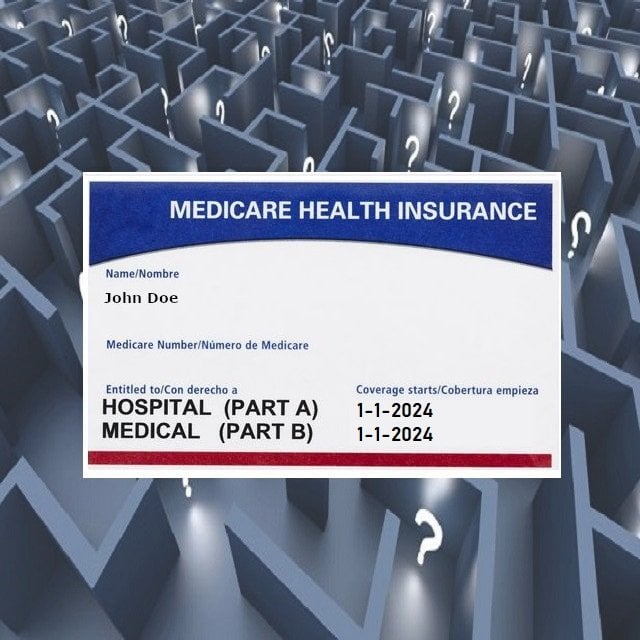New Final Medicare Marketing Rules Curb Event-Based Marketing

What You Need to Know
The new final rules would have a direct effect on marketers of Medicare Advantage and Medicare Part D drug plans.
The rules require 12 hours of separation between Medicare plan education and marketing events at the same location.
When consumers arrange to meet an agent, there must be a 48-hour period between the scope-of-appointment creation and the first agent-consumer meeting.
Medicare managers will waive the 48-hour agent-consumer meeting delay if a consumer walks in to see an agent in person.
New Medicare plan marketing rules could lead to big changes for Medicare plan marketers that have used educational events to generate leads.
The rules could also impose new advertising and disclosure requirements on Medicare plan marketers — and give agents who serve clients who walk in off the street a new edge over agents who set appoints with prospects in advance.
The Centers for Medicare and Medicaid Services, the agency that oversees Medicare, include the regulations in a new final rule for Medicare program operations for the 2024 coverage year released Wednesday.
The regulations will apply only to marketers of Medicare Advantage plans and Medicare Part D prescription plans, and not to sellers of Medicare supplement insurance policies. The annual enrollment period for 2024 Medicare plan coverage is set to run from Oct. 15 through Dec. 7.
What It Means
Given the enormous size of the Medicare Advantage program, and the focus of Medicare program managers on the needs of people ages 65 and older, the new marketing rules could eventually influence any federal or state marketing rules aimed at sellers of any kind of retirement-related products — including long-term care insurance policies, final needs insurance arrangements and annuities.
If regulators of other types of products follow Medicare managers’ lead, agents and advisors may face more obstacles than ever to marketing through educational seminars and other outreach events.
Medicare Advantage and Medicare Part D
Medicare is a federal program that uses a combination of enrollees’ payroll tax contributions, premium payments and federal money to provide health coverage for people ages 65 and older, some people with disabilities, and people with kidney disease so severe that they require kidney dialysis or kidney transplants.
Health insurers that sell Medicare supplement insurance policies sell state-regulated coverage built on a regulatory framework developed by Congress in 1990.
Those policies, which serve about 14 million people, simply fill in the many gaps in the “Original Medicare” coverage for Part A hospitalization and Part B physician and outpatient hospital services bills.
The new regulations do not apply to Medicare supplement insurance policies.
The programs that are affected by the new regulations — the Medicare Advantage program and the Medicare Part D prescription drug program — also give private health insurers ways to serve Medicare enrollees.
Enrolees look to Medicare Advantage plans for comprehensive alternatives to Original Medicare, and these plans cover about 30 million of the 65 million Medicare enrollees.
Medicare Part D plans cover prescription drug benefits. About 24 million people have stand-alone Medicare drug coverage.
In recent years, Medicare program managers have developed new marketing rules for independent Medicare plan market organizations, which are now classified as “third-party marketing organizations,” or TPMOs, to regulations that help identify Medicare plan prospects but are not Medicare plan issuers, agents or brokers.
Regulation Mechanics
The new final rule is based on draft regulations released in December 2022 and is set to appear in the Federal Register, an official government regulatory publication, April 12.
The marketing provisions are set to take effect Sept. 30.
The final regulations cover many different aspects of Medicare Advantage and Medicare drug plan, including plan quality rating updates; a new requirement for plans to tell enrollees when their providers have left a plan provider network; and new restrictions on when health insurers can use preauthorization review programs to manage use of care.
CMS received what they are classifying as about 1,000 separate comments on the regulations.
In the final rule packet, CMS lists Carly Medosch as a contact for Medicare Advantage program issues; Catherine Gardiner and Sonia Eaddy as contacts for Medicare drug program issues; Kristy Nishimoto as a contact for beneficiary enrollment issues; and Hunter Coohill as a contact for enforcement issues.






